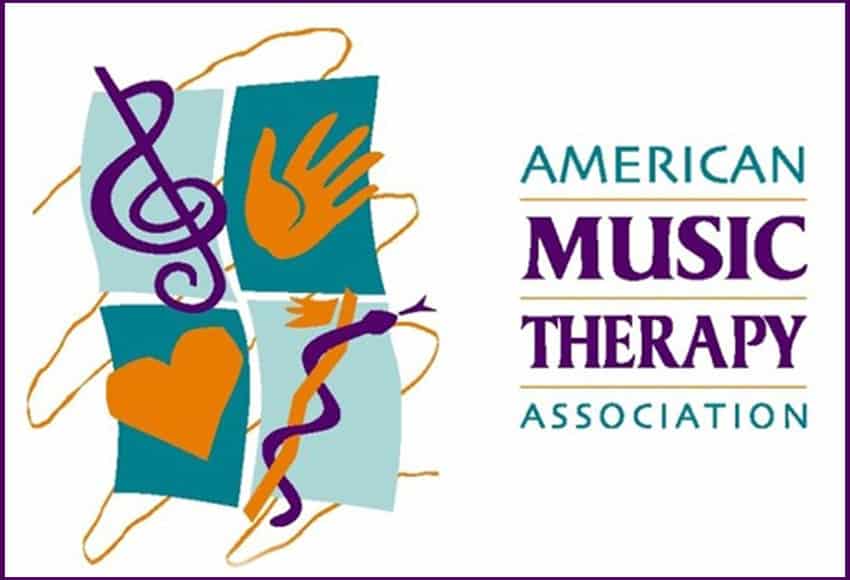Music therapy has been shown to provide numerous benefits and support to cancer patients throughout their treatment and recovery journey. Here are some ways in which music therapy has helped cancer patients:
Emotional Support
Music has the power to evoke emotions and connect with individuals on a deep level. Music therapy provides a safe and supportive environment for cancer patients to express their feelings, reduce anxiety, and alleviate stress. It can help them process difficult emotions and improve their overall emotional well-being.
Pain and Symptom Management
Listening to or actively participating in music during cancer treatment can help reduce pain perception and discomfort. Music has been shown to stimulate the release of endorphins, the body’s natural pain-relieving chemicals, and distract patients from their physical symptoms. It can also help manage chemotherapy-induced nausea and vomiting.
Stress Reduction and Relaxation
Music therapy techniques such as guided imagery, deep breathing exercises, and progressive muscle relaxation accompanied by soothing music can help cancer patients relax, reduce stress, and promote a sense of calmness. This can have a positive impact on their overall well-being and quality of life.
Coping With Treatment Side Effects
Cancer treatments often come with various side effects such as fatigue, insomnia, and loss of appetite. Music therapy can help patients cope with these side effects by improving sleep quality, increasing energy levels, and enhancing mood. It can also stimulate appetite and promote a more positive outlook during treatment.
Enhancing Social Connections
Group music therapy sessions provide an opportunity for cancer patients to connect with others who are going through similar experiences. Participating in music-making activities, singing together, or attending music concerts can foster a sense of community and support. This social interaction can reduce feelings of isolation and loneliness that can accompany a cancer diagnosis.
Boosting Resilience and Empowerment
Engaging in music therapy can help cancer patients regain a sense of control and empowerment over their lives. Learning to play a musical instrument, writing songs, or engaging in creative musical expression allows patients to focus on their strengths and abilities, promoting a sense of resilience and self-confidence.
Music therapy can be used alongside conventional cancer treatments and is generally well-tolerated and safe. Here are a few reputable websites and organizations that provide resources and information on music therapy for cancer patients:


American Music Therapy Association (AMTA)
The official website of the AMTA offers information on music therapy, including its benefits, research, and finding a music therapist. They also provide resources specific to cancer and music therapy.

Cancer Support Community
The Cancer Support Community offers a variety of supportive services for cancer patients, including online resources. They may have information and resources related to music therapy and its benefits. Visit their website to explore their offerings.
Music Therapy & Cancer Care
This website, maintained by music therapist Cheryl Dileo, provides resources and information on music therapy for cancer patients and healthcare professionals. It includes research articles, links to publications, and a directory of music therapists specializing in cancer care.

Stand Up to Cancer
Stand Up to Cancer is a charitable organization that funds cancer research and awareness. Their website includes a section on arts in medicine, which may include information on music therapy and its role in cancer care.

Music for Healing and Transition Program
The Music for Healing and Transition Program (MHTP) is a nonprofit organization that offers training and certification programs for music practitioners. Their website provides information about their programs and resources related to music therapy and healthcare.

